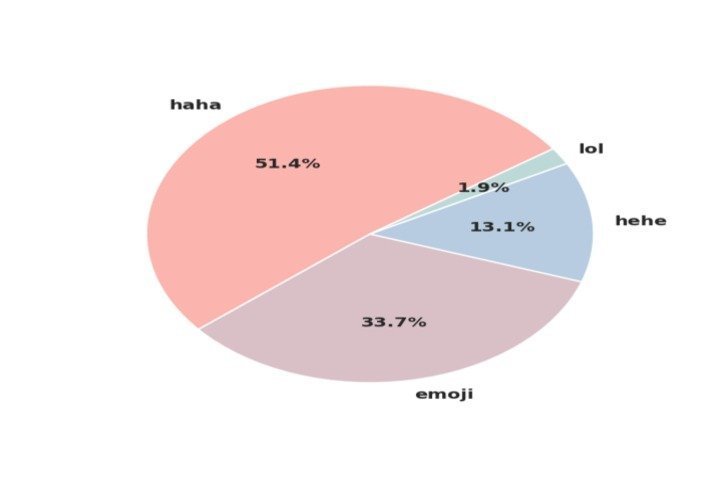The present generation has grown up in the digital age, and is naturally prone to doing almost everything online. It started out with people sharing short messages, followed by people expressing their emotions through text messages.
And now, we have even devised a way to laugh online, also termed as e-laughter. People have created a new terminology allowing them to express their laughter in online conversations by different methods.

Apart from a simple ‘LOL’, ‘hahaha’ and ‘hehehe’ or an emoji are commonly used in e-laughter. To ascertain the most popular one among these, Facebook even conducted research on the subject.
Yes, a research to know how people like to laugh, albeit online. Facebook analysed de-identified posts and comments on Facebook, with at least one strong of characters indicating laughter. The results of this research, published recently, show that ‘hahaha’ tops the list.
‘Hahaha’ is followed by ‘hehe’ and emojis. Many factors, such as age and gender, also affect the choice of expression a lot. Women and youngsters prefer using emojis while older people use ‘LOL’ and ‘hehe’.